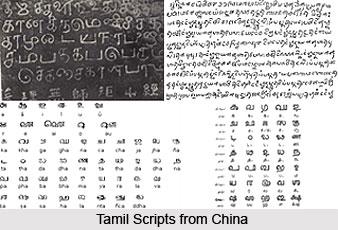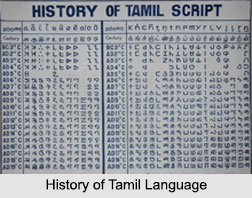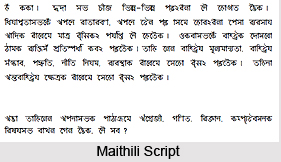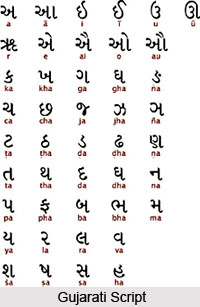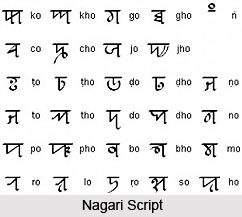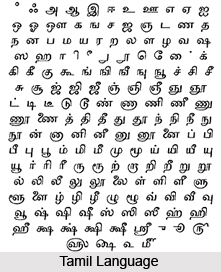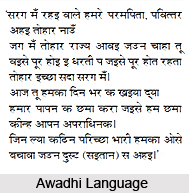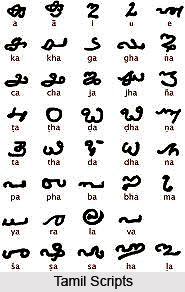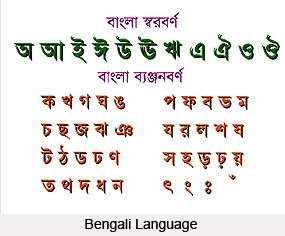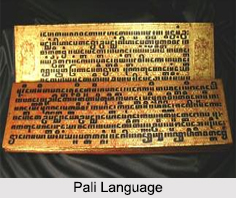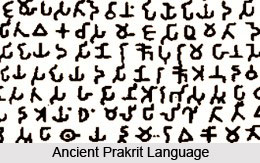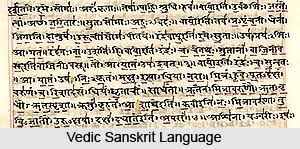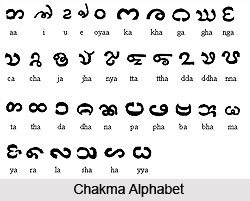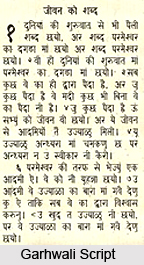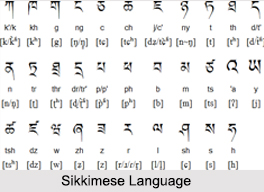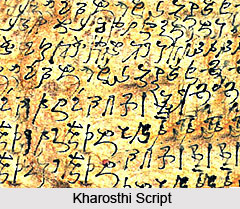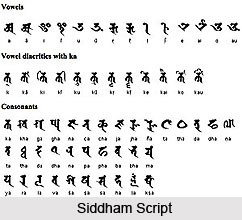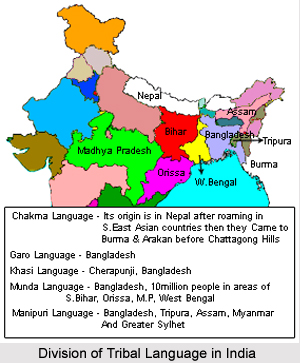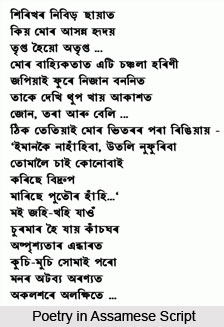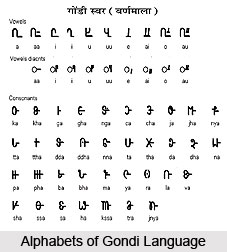 Gondi language, a central language under the Indian tribal languages group, is deemed as one of the most crucial central Dravidian languages spoken by virtually two million people, the Gondis topping amongst this list. Nonetheless, only half of these Gondi men speak their language in contemporary times. The language is spoken primarily in the states of Madhya Pradesh, Andhra Pradesh, Maharashtra and Chhattisgarh and in various adjoining areas of the neighbouring states in India.
Gondi language, a central language under the Indian tribal languages group, is deemed as one of the most crucial central Dravidian languages spoken by virtually two million people, the Gondis topping amongst this list. Nonetheless, only half of these Gondi men speak their language in contemporary times. The language is spoken primarily in the states of Madhya Pradesh, Andhra Pradesh, Maharashtra and Chhattisgarh and in various adjoining areas of the neighbouring states in India.
Gondi language possesses no evidence of written literary works, but its exceedingly productive folk literature is manifested in the songs and narrations, at times publicised through tribal and backward community illustrations, like the songs and narrations in marriage ceremonies. In spite of such affluent and ladened information, the Gondi dialect is not adequately recorded and described in detailed versions. However, some of the important ones that have been successful to be enlisted to esteemed sections, comprise Dorla, Koya, Maria, Muria and Raj Gond.
The Gondi language is based upon a two-gender system, its substantives being either masculine or non-masculine. Gondi had somewhat deviated from its parent Proto-Dravidian language by formulating opening voiced stops like g, j, ?, d, b and aspirated stops comprising kh, gh, jh, dh, ph. The language articulated by the Dhurwas is considered a near version of Gondi. Amongst the South Indian languages, Telugu resembles maximum proximity with Gondi language. Gondi is always scripted in the Devanagari script. Gondi has, with time, profoundly influenced the dialects of Oriya and Halbi languages.
Some basic phonologic features of Gondi languaage detach and divide the northwestern dialects from the southeastern counterparts. One instance is the handling of the original initial s, which is maintained in northern and western Gondi dialects, whereas moving farther to the south and east, it has undergone alterations to h. In some other dialects the quintessential verve of the language has been lost completely to something more contemporary. Other dialectical versions in the Gondi language comprise the alteration of initial r with initial l and a replacement of e and o to a.
This article is a stub. You can enrich by adding more information to it. Send your Write Up to content@indianetzone.com
